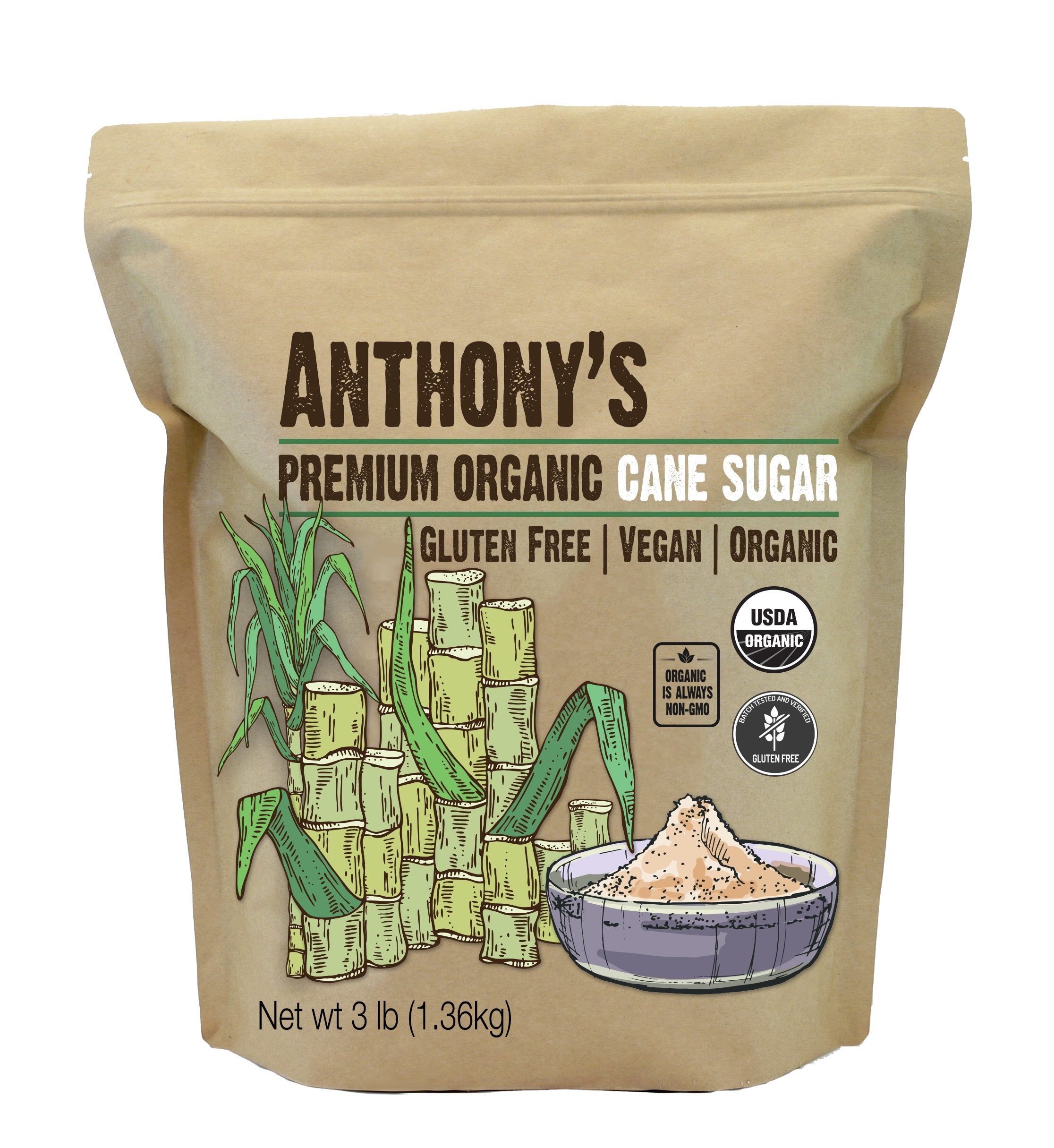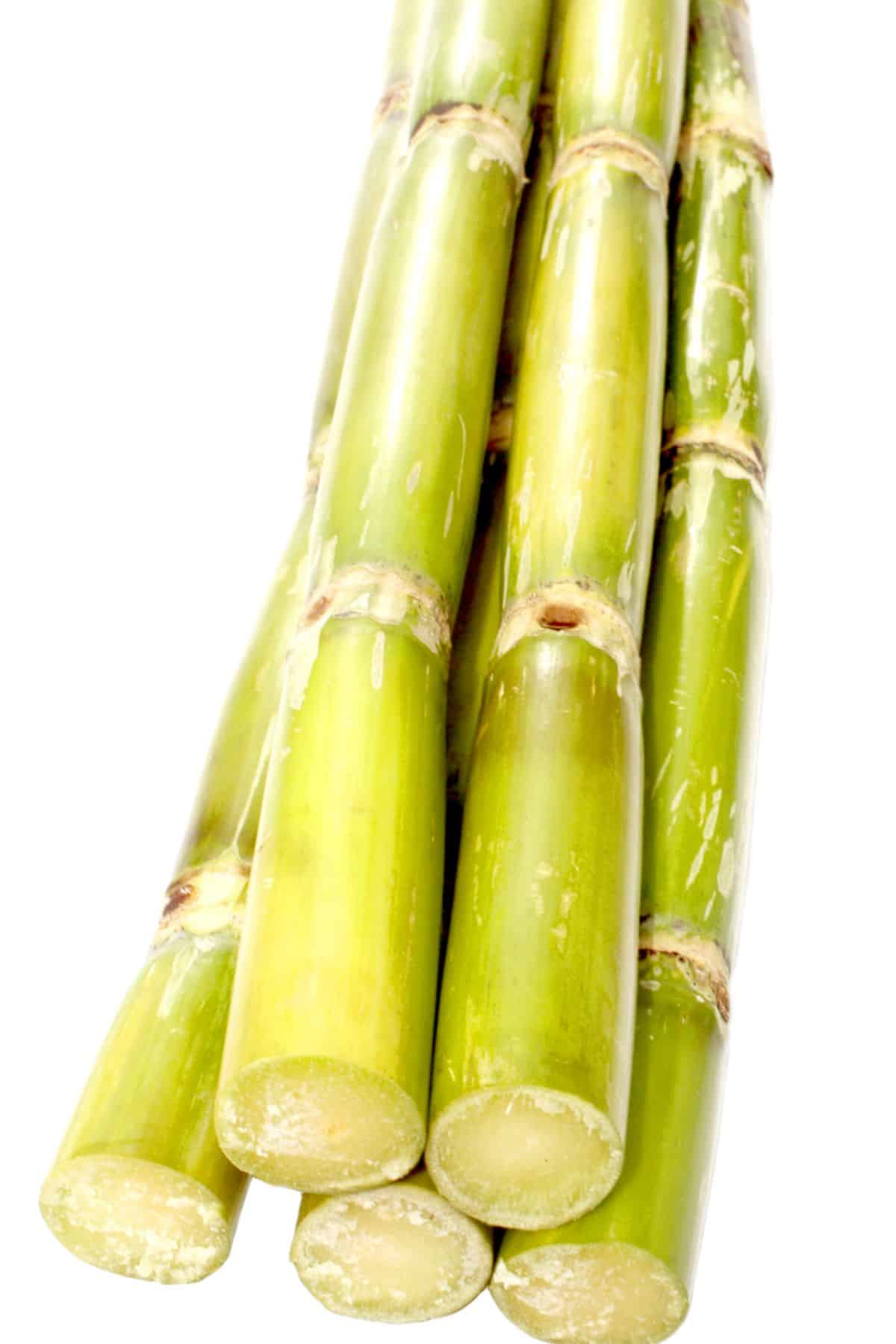Reliable Cane Sugar Processing: Optimizing Return and Purity
Reliable Cane Sugar Processing: Optimizing Return and Purity
Blog Article
A Comprehensive Overview of the Health and Economic Effects of Walking Cane Sugar Processing on Local Neighborhoods
Cane sugar handling plays an essential role in shaping the economic landscape of neighborhood neighborhoods, offering employment chances and promoting supplementary industries. Nonetheless, the wellness implications linked with high sugar consumption can not be neglected, as they add to climbing prices of excessive weight and diabetes mellitus. This nuanced dynamic welcomes a vital examination of how neighborhoods can enhance financial gains while resolving the pressing health obstacles they deal with. The exploration of educational campaigns and sustainable practices may simply hold the secret to fixing up these contrasting interests. What approaches might neighborhoods carry out to achieve this balance?
Economic Benefits of Walking Stick Sugar Processing
Walking stick sugar processing offers significant economic advantages that extend beyond the immediate agricultural sector. The farming and handling of sugarcane create many job possibilities, from farming to manufacturing and distribution. This work generation not only sustains neighborhood economic climates however likewise cultivates community growth by giving stable income sources for families.
Moreover, the sugar market promotes supplementary companies, consisting of transport, devices supply, and product packaging services (Cane Sugar Processing). As these industries grow, they contribute to a more durable economic framework, boosting total community resilience. The export potential of processed cane sugar better amplifies financial advantages, placing areas as affordable players in international markets
Financial investment in modern handling facilities can bring about raised productivity and performance, thus reducing waste and maximizing resource usage. This change not only profits the regional economy but likewise sustains sustainability initiatives by reducing environmental effects.
In addition, the earnings created from walking cane sugar handling can be reinvested in regional facilities, education, and healthcare, promoting alternative neighborhood growth. In general, the economic benefits of walking stick sugar handling are multifaceted, offering a structure for sustaining success in agricultural areas.
Health Risks Linked With Sugar Usage
Excessive sugar intake positions substantial wellness dangers that require major interest. High consumption of sugarcoated, particularly from refined beverages and foods, has been connected to many health and wellness issues. Among the most pressing problems is obesity, as sweet diet regimens add to an increased calorie consumption without giving necessary nutrients. This unwanted can cause metabolic conditions, including type 2 diabetes mellitus, which has actually come to be progressively common in both adults and children - Cane Sugar Processing.
Furthermore, high sugar intake is connected with heart disease. Elevated blood sugar level degrees can cause insulin resistance, a forerunner to different heart-related concerns. Furthermore, sugar can have detrimental effects on oral health and wellness, causing tooth cavities and gum condition, as microorganisms in the mouth grow on sugar, generating acids that erode tooth enamel.
Additionally, arising study recommends a potential link in between high sugar usage and mental health problems, such as anxiety and anxiousness. As neighborhoods grapple with these wellness threats, it becomes vital to promote understanding and urge much healthier dietary options. Addressing sugar consumption is critical not just for individual health but also for the general wellness of regional neighborhoods, stressing the need for extensive public wellness strategies.
Ecological Effects of Sugar Production
Regularly forgotten in conversations regarding sugar's effects is the substantial ecological effect of sugar manufacturing. The growing of sugarcane typically requires considerable land usage, resulting in logging, loss of biodiversity, and disturbance of local communities. The conversion of forests and marshes into sugar haciendas can cause habitat destruction, threatening countless species and modifying eco-friendly equilibrium.
Additionally, sugar manufacturing is resource-intensive, consuming considerable quantities of water for watering. This can bring about exhaustion of regional water sources, detrimentally impacting both agricultural practices and area accessibility to tidy water. Additionally, making use of chemical fertilizers and pesticides in sugarcane farming can add to dirt degradation and water pollution, as runoff from these chemicals enters neighboring rivers and lakes, affecting marine life and human health.
The environmental impact encompasses the handling phase, where power consumption and waste generation more worsen ecological worries. Air pollution from melting sugarcane fields, along with greenhouse gas exhausts, contribute to climate adjustment. Therefore, the environmental implications of sugar manufacturing warrant significant consideration, prompting stakeholders to embrace even more sustainable techniques to reduce these adverse results on neighborhood ecosystems and neighborhoods.
Job Creation and Area Development
The ecological difficulties posed by sugar production are typically reversed by its potential for economic advantages, specifically in job production and neighborhood development. The cane sugar sector offers as a significant source of employment in several backwoods, offering jobs throughout different skill levels, from farming labor to processing and distribution functions. This work not just supports specific families however likewise adds to the general financial vitality of regional communities.
Moreover, the facility of sugar processing facilities boosts supplementary companies, such as transportation services, devices supply, and maintenance providers. As these organizations flourish, they create added tasks and boost neighborhood economic climates. The earnings created from the sugar sector likewise causes boosted tax obligation revenues, which can be reinvested into social work such as facilities, medical care, and education and learning development.
Furthermore, the sugar market typically participates in area development initiatives, such as sustaining neighborhood colleges and health and wellness programs, consequently improving the high quality of life for residents. By cultivating strong community ties and promoting financial development, the cane sugar handling market plays an important duty in uplifting neighborhood populaces, making it a necessary element of sustainable development techniques in why not check here sugar-producing areas.
Balancing Health and Economic Development
In browsing the intricacies of walking stick sugar handling, a crucial obstacle hinges on balancing health factors to consider with financial development. The sugar industry considerably adds to neighborhood economies by generating tasks, promoting associated sectors, and boosting tax incomes. Nevertheless, the wellness implications related to extreme sugar consumption can bring about persistent conditions such as excessive weight, diabetes, and cardio problems, which can concern public health systems and lessen labor force efficiency.

Moreover, regulatory frameworks can play a crucial role in guiding market techniques in the direction of even more health-conscious and sustainable methods. By fostering cooperation between federal government bodies, wellness organizations, and the sugar market, areas can browse the duality of health and financial growth, guaranteeing that the benefits of cane sugar handling are equitably shared while focusing on public health and wellness.
Final Thought
In conclusion, the processing of walking stick sugar offers both considerable economic benefits and significant health threats for neighborhood areas. While it fosters job development and promotes local development, the associated health and wellness problems, particularly regarding weight problems and diabetic issues, demand a careful harmonizing act. By promoting liable usage and investing in area education and learning and sustainable practices, it is feasible to make the most of financial benefits while reducing adverse health and wellness results, thereby ensuring a healthier future for neighborhood populations.
Additionally, sugar can have detrimental effects on oral health and wellness, resulting in dental caries and gum tissue condition, as microorganisms in the mouth flourish on sugar, creating acids more helpful hints that wear down tooth enamel.
Resolving sugar intake is important not only for specific wellness however additionally for the overall wellness of local communities, stressing the requirement for extensive public wellness approaches.
Frequently ignored in discussions about sugar's ramifications is the substantial ecological effect of sugar production. The health implications connected with extreme sugar usage can lead to persistent conditions such as weight problems, diabetic issues, and cardiovascular concerns, which can burden public wellness systems and diminish labor force performance.

Report this page